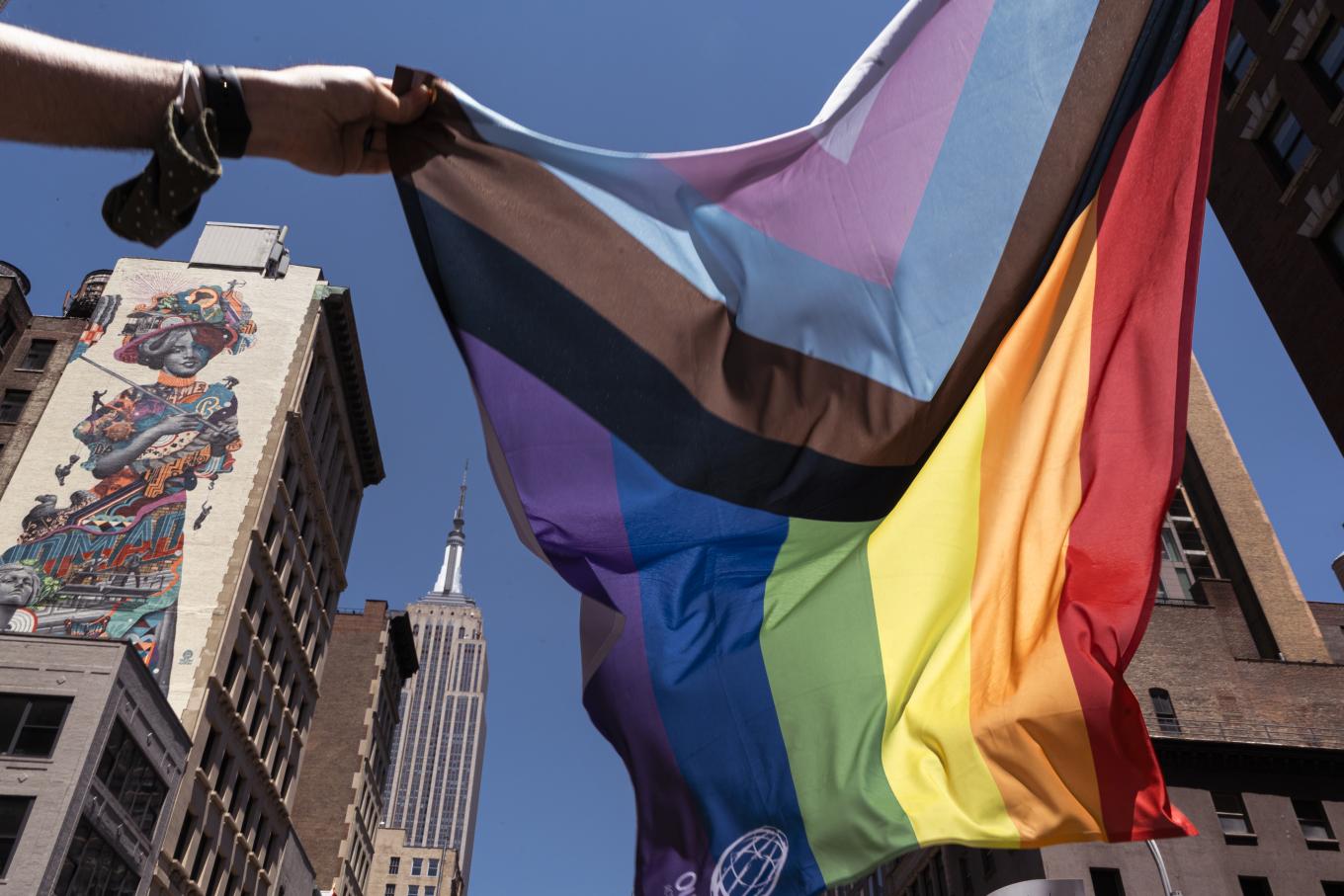
Country Overview
Montenegro
At a glance
View more for this country:
Montenegro’s 2010 Law on Prohibition of Discrimination includes sexual orientation and gender identity as prohibited grounds of discrimination in employment, education, health care, and the provision of goods and services in the public and private sectors. In July 2013, Montenegro amended the Criminal Code to impose harsher penalties for hate crimes committed due to the victim’s sexual orientation and/or gender identity. However, discrimination and violence against LGBTIQ people persist.
LGBTIQ activists continue to express dissatisfaction with the government’s implementation of both of these laws. Neither law allows the aggrieved party to file a claim directly in court. The Office of the Ombudsman has not always been responsive, and the Office of the State Prosecutor has declined to prosecute many cases of alleged hate crimes. In 2020, Montenegro adopted a law to legalize registered partnerships. These unions confer most of the same rights, benefits, and responsibilities as marriage, though they do not allow adoption. The constitution of Montenegro only permits marriage between a woman and a man. Trans people can change their legal gender markers, but only after a diagnosis and gender-affirming surgery. Montenegro operates an ID system where one’s ID number also indicates that person’s gender. That number can be changed based on an amended birth certificate. As of 2024, legislation to remove the requirement of a diagnosis and surgery had been introduced but not adopted. Montenegro ranks 112th out of 175 on the Global Acceptance Index.
*Outright research indicates that the bodily autonomy of intersex people is not respected and protected in this country.
Global Impact
Sub-Saharan Africa
Outright supports LGBTIQ organizations in Sub-Saharan Africa and works with mainstream human rights organizations to respect human rights and influence positive changes in laws, policies, attitudes and beliefs that cause discrimination against LGBTIQ people.
United Nations
Our work at the United Nations centers around advocating for the advancement of the rights of LGBTIQ people.
View this regionAsia
Our work in Asia promotes acceptance of sexual and gender diversity at all levels of society.
View this regionSouthwest Asia and North Africa
In the Southwest Asia and North Africa, we partner with local groups in various countries as part of our international solidarity work. We also work with our local partners on different topics through capacity building, advocacy, research and holistic security.
Europe and Central Asia
Outright International partners with activists to fight for an end to human rights violations based on sexual orientation, gender identity and gender expression in Europe and Central Asia, where most of our work involves emergency responses to harassment, discrimination, violence, and most recently, Russia’s brutal and expanded invasion of Ukraine.
Americas
Our work in the Americas continues to build on the fundamental and positive transformation of human rights protections in recent years. We partner with groups in the Caribbean that focus on ending gender-based violence and eradicating discrimination against trans people.
Pacific
Our work in the Pacific aims to increase the visibility of activists, respond to human rights emergencies, and actively bridge local, regional, and international activism to achieve equality and justice.
Global
View this region
Human Rights Research
Since 1990, we have partnered with activists from all over the world to produce hundreds of groundbreaking reports.
Read Our Reports